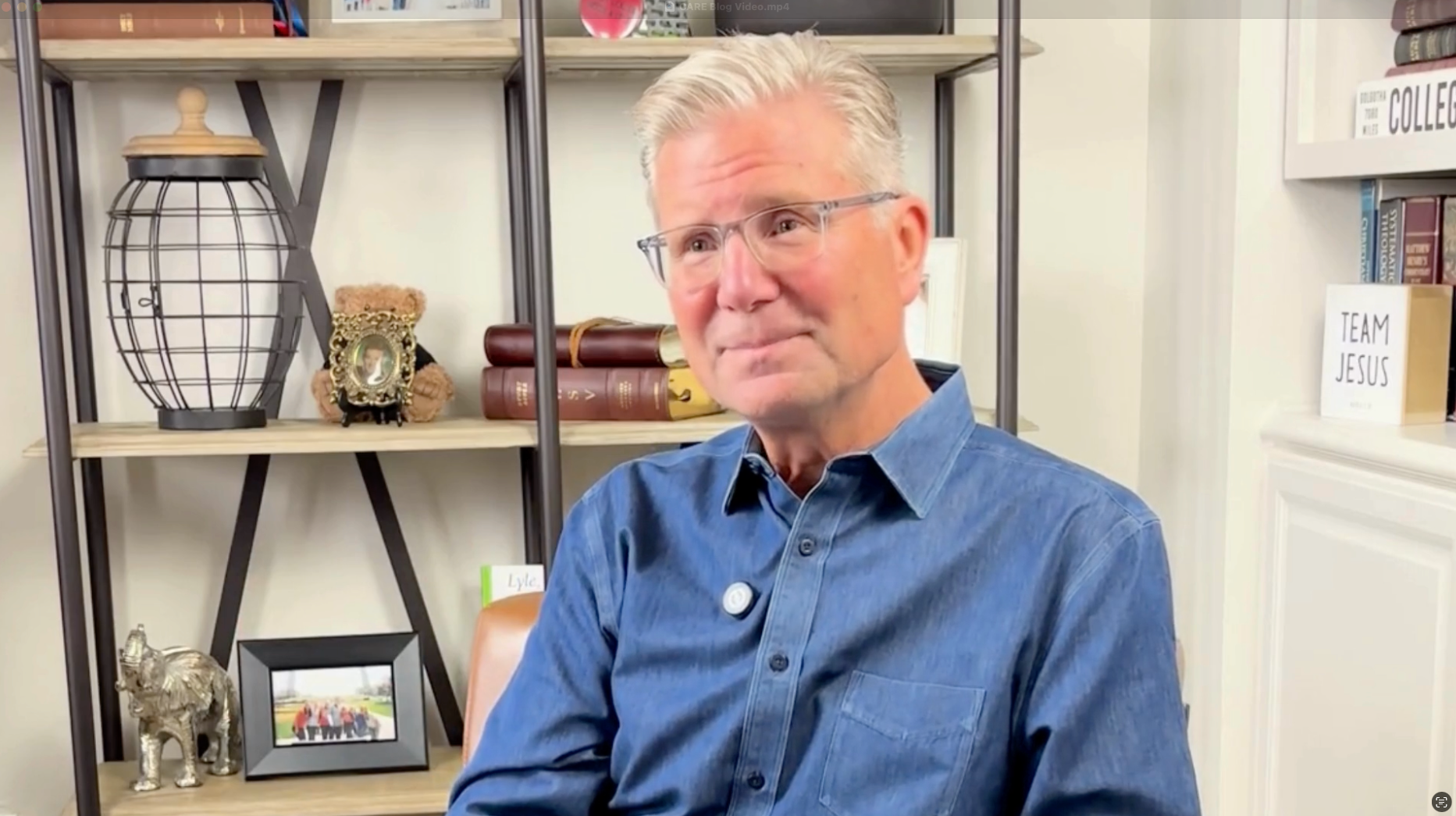info@integrus.org
5 Things Great Leaders Say
5 Things Great Leaders Say
We speak hundreds of thousands of words every single day, but great leaders use five phrases more than any others. These phrases aren’t just about effective communication; they reflect Christ's heart to serve everyone around him with clarity and humility. If you use these phrases consistently, you'll build trust, strengthen your team, and create a culture where people are eager to work towards your organization's mission.
Here are five powerful phrases that every great leader should be saying every day:
1. Thank You.
A paycheck is not a thank-you note. People need to feel seen, valued, and appreciated for their contributions. When leaders take the time to say thank you—not just for big wins, but for everyday efforts—they reinforce a culture of gratitude.
Expressing appreciation doesn’t require a grand gesture. A simple, genuine “thank you” can go a long way in building morale, increasing engagement, and fostering loyalty.
The best leaders never assume people know they’re appreciated; they make sure they hear it.
2. Do You Have Capacity to Do This Right Now?
Before assigning a new task, great leaders ask, Do you have the capacity to take this on? or Is this a reasonable request? This question does two things:
- It communicates empathy and respect for a team member’s workload and well-being.
- It invites commitment, rather than compliance.
When someone responds with, Yes, I can take this on, they are setting their own deadline and taking ownership. Instead of just managing tasks, this approach allows leaders to mentor their teams, fostering both accountability and trust.
3. What Do You Need From Me Today?
Leadership is about service, and this question reminds your team that you’re there to support their success. Asking What do you need from me today? or Is there anything I’m doing that’s making your job harder? gives people the space to share real needs.
Sometimes, the answer might be removing a roadblock, offering clarification, or simply listening.
When leaders create this open dialogue, they empower their teams to be honest about challenges and more engaged in solutions.
4. How Could We Do This Better?
Great leaders cultivate a growth mindset by continuously asking, How can we improve? After a project, a meeting, or an event, they make it a habit to ask, What could we do better, faster, or more efficiently next time?
This question signals that progress is expected and that feedback is valued. It also helps teams move beyond a culture of just getting things done to a mindset of continuous improvement.
Leaders who ask this question create environments where innovation flourishes.
5. I’m Sorry, I Blew It.
The only leadership behavior Jesus never had to model was asking for forgiveness—because He was faultless. But for the rest of us, admitting when we’re wrong is essential to leading with integrity.
Saying "I’m sorry" is not a sign of weakness; it is a mark of strength and humility.
Owning a mistake with statements like, "I made the wrong call on that" or "That wasn’t my best decision, and I want to do better" fosters trust and respect.
However, "I’m sorry" is not enough on its own—there must be a genuine commitment to learning, growing, and doing things differently moving forward.

Speak with Humility
If you want to lead well, start by making these phrases a regular part of your conversations by downloading our free wallpaper with these five key phrases.
Let it be a daily prompt to lead with integrity, humility, and purpose.
Download Your Free Wallpaper Now
Let’s lead well—because leadership is not about us. It’s about the people we serve.
SHARE THIS POST






































